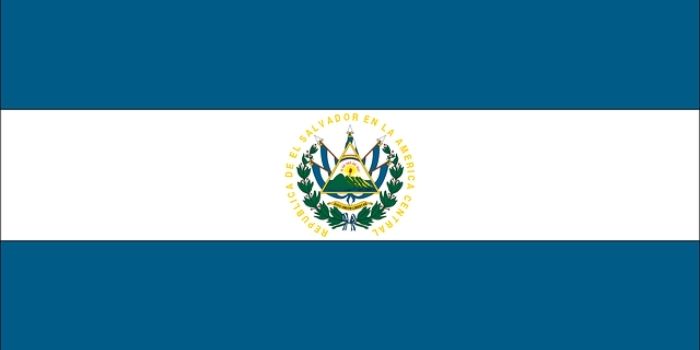
After breaking past $52,000 late Monday and reaching its highest level since May, the price of bitcoin dipped on Tuesday.
El Salvador is ready to embrace the largest cryptocurrency by market capitalization as legal cash, making it the first government to do so. But early from Tuesday, the price of the Bitcoin fell by 16 percent. According to Coin Metrics, it was last trading at $46,892.04, down around 9.5%. Ethereum dropped 12% to $3,441.21.
MicroStrategy and Coinbase, two crypto-related firms, also fell by around 9% and 4%, respectively. Coinbase’s users were seeing “elevated rates” of delayed or canceled transactions in the morning, according to a tweet from the business, but the difficulties were rectified by the afternoon. Kraken and Gemini, two major cryptocurrency exchanges, were also looking into delays and performance difficulties.
El Salvador’s government-run bitcoin wallet, Chivo, was temporarily blocked early Tuesday to boost the capacity of the servers, which were preventing new users from installing it, President Nayib Bukele revealed in a tweet around 7:00 a.m. EST.
“Any data they try to enter at this time will give them an error,”. “This is a relatively straightforward problem, but it cannot be fixed with the system connected.”
According to Leah Wald, CEO of Valkyrie Investments, the market reaction is unsurprising because the news was essentially priced into the market a while ago.
Leah said that when this plan was first introduced, it didn’t have a big of an influence on the price of the bitcoin as some people have expected it possibly because of El Salvador’s population which is very small, but also because the announcement was light on details and people were on the fence about how this was going to be implemented.
She further said that much of El Salvador population lives under poverty and doesn’t have the access to smartphone and internet which is required to participate in crypto transactions. Not only that, but the other hurdles in accepting cryptocurrencies like transaction fees, processing time and so on also make this feel like a beta test rather than a solution to many of the country’s problems.
Businesses will be compelled to take bitcoin for products and services under the new rule, while merchants who are not technologically capable of doing so will be excluded. El Salvador’s government has established 200 bitcoin ATMs throughout the country. They also purchased 400 bitcoins which is worth around $20 million and is preloading bitcoin worth around $30 into chivo wallets for their citizen who register.
Some traders through social media announced that at 3:00 p.m. ET, the vendors will purchase $30 worth of bitcoin to support their government’s new law. However, as the afternoon progressed, bitcoin prices began to fall.
Wald also said that what is most important to look out for now is that whether the neighboring countries of El Salvador or elsewhere around the world will begin to adopt bitcoin as their national currency as well. She further added that if this starts happening than we could see a parabolic move higher, as the momentum gained from many millions more people having instant access to crypto should result in more adoption, more holding and higher prices.
- Also read about: Wifedoge, wife of Dogecoin
- Also read about: Shop.com now accepts cryptocurrencies as payments
- Also read about: Pi Hackathon Showcase Part 2 #BuildPi2gether
- Also read about: Cream Finance, a DeFi platform, was hacked, and $29 million was lost
Bitcoin proponents have long argued that the cryptocurrency might be used as a medium of exchange, for remittances, and even by central banks dealing with rapid currency depreciation in Latin America.
Panamanian lawmaker Gabriel Silva launched the “Crypto Law” on Monday, which seeks to make Panama a country compatible with the blockchain, crypto assets, and the internet, according to his Twitter account.







